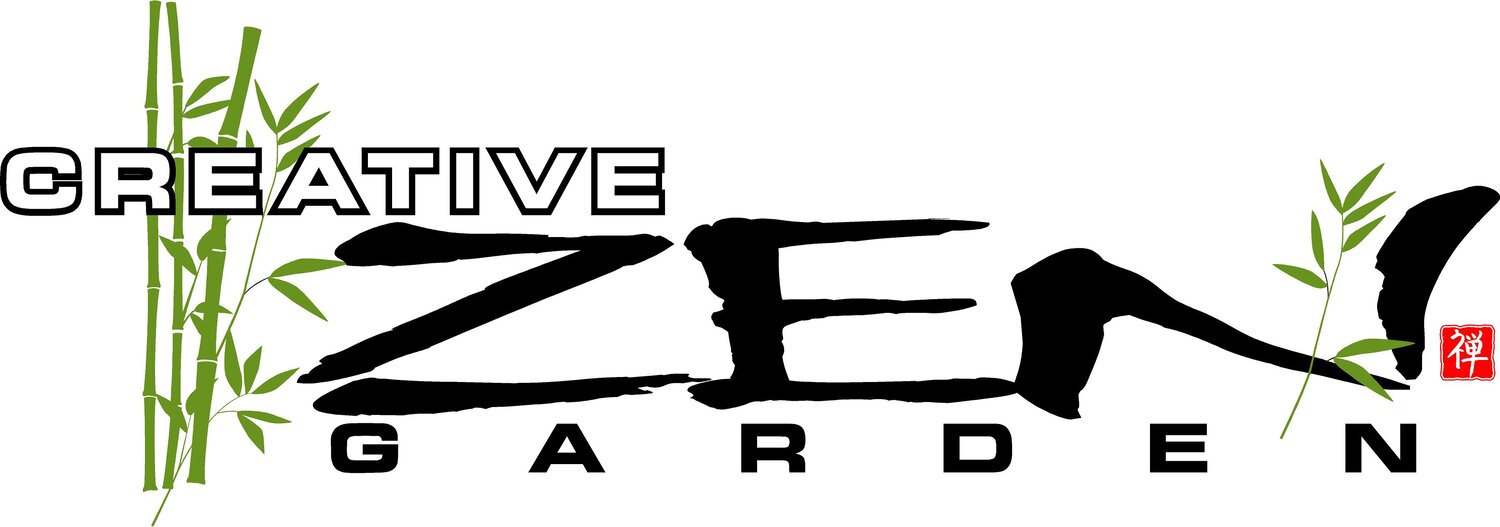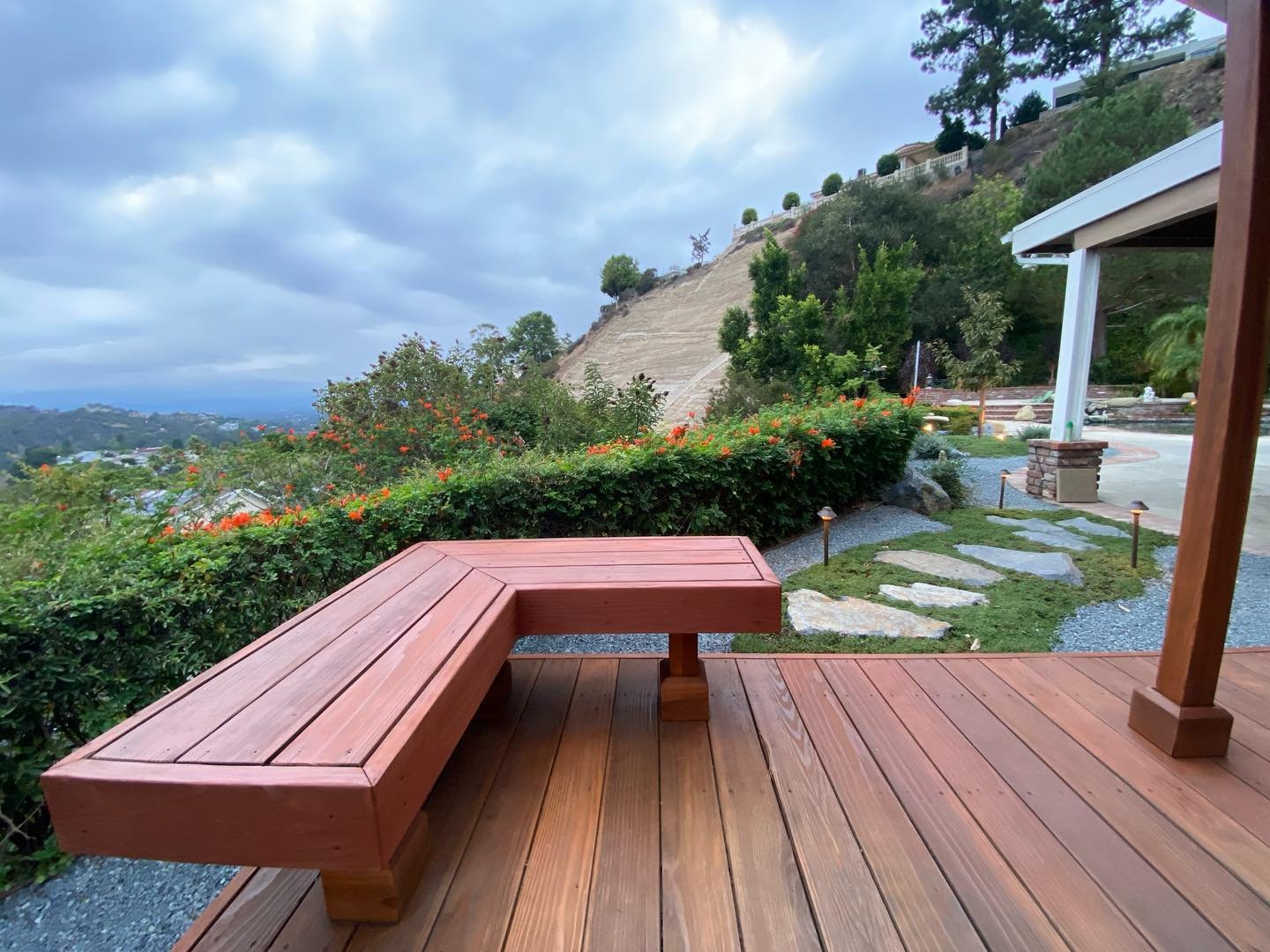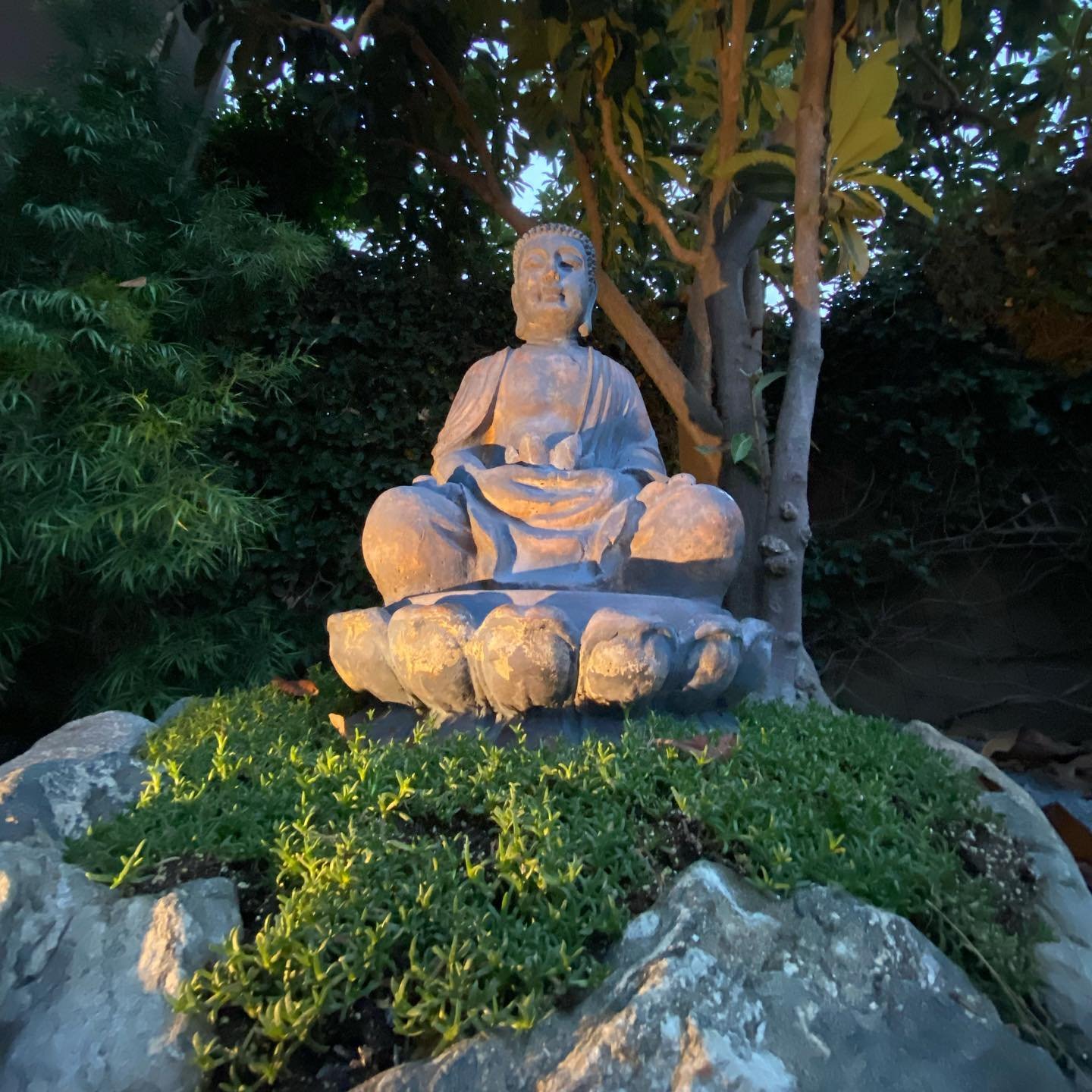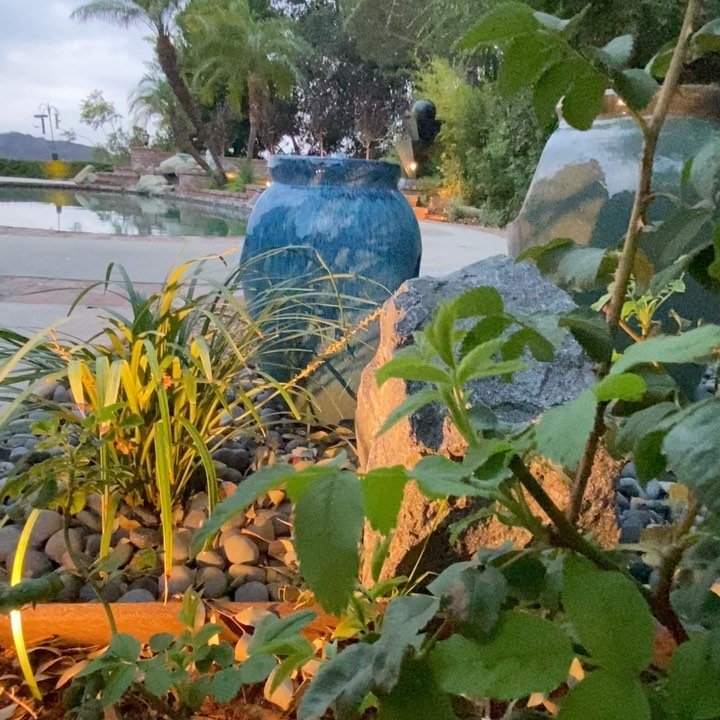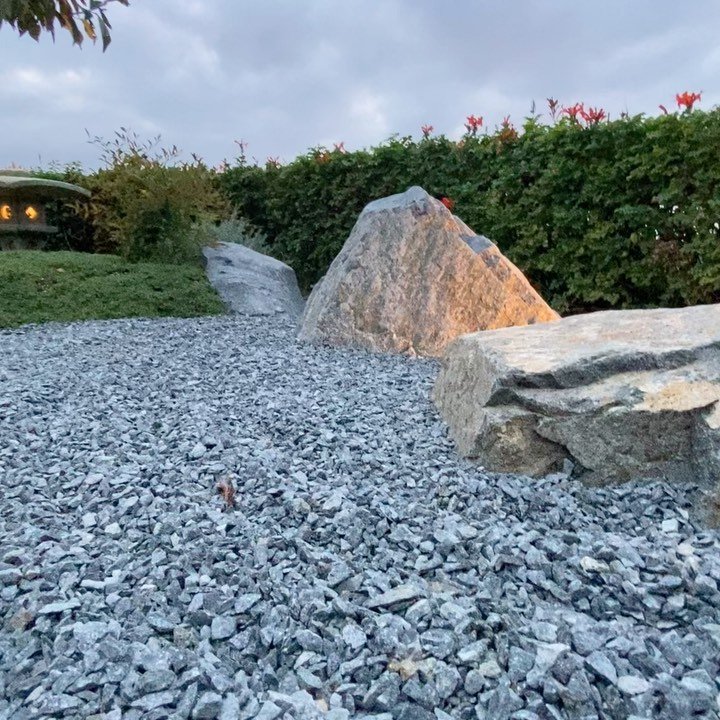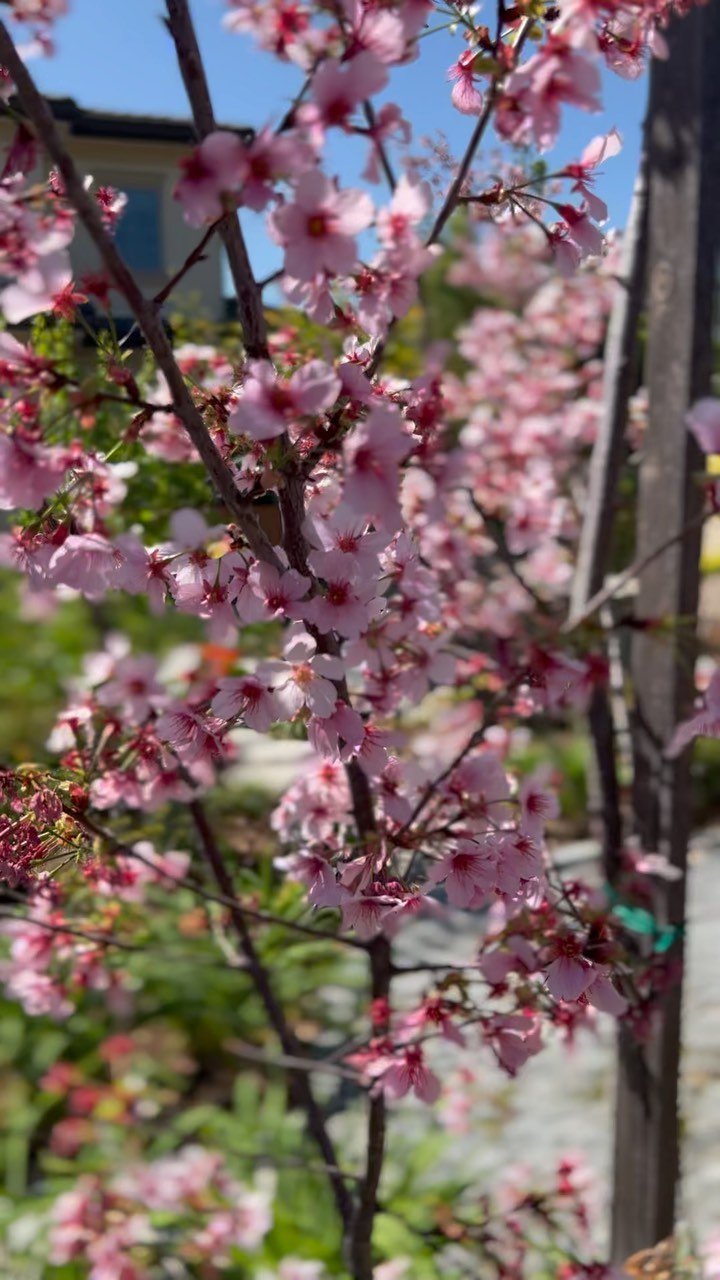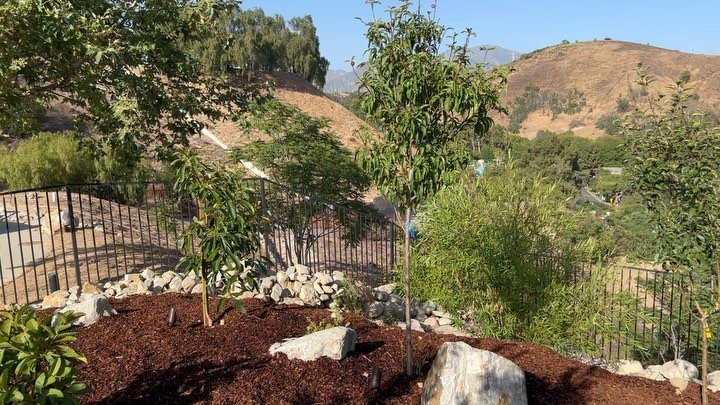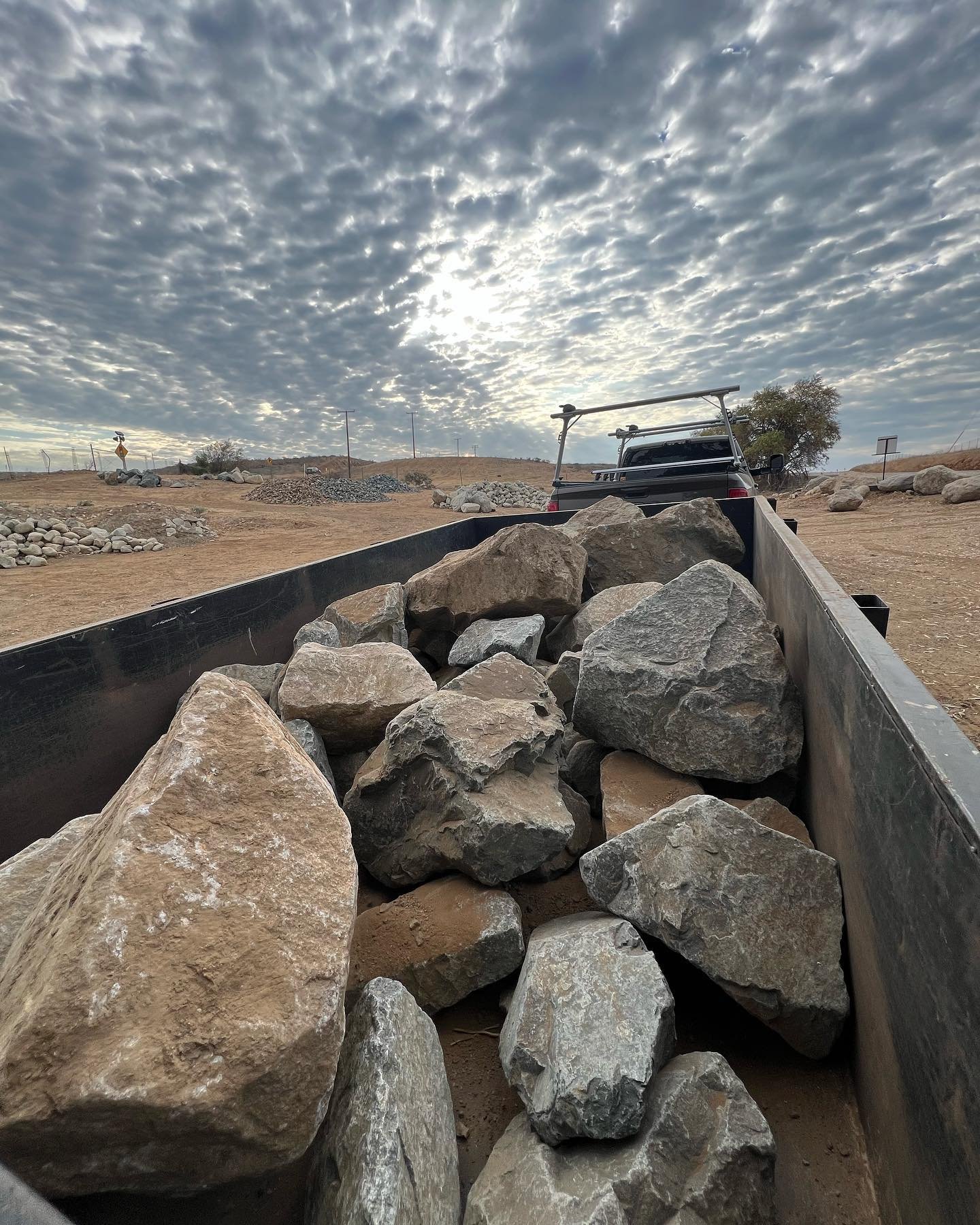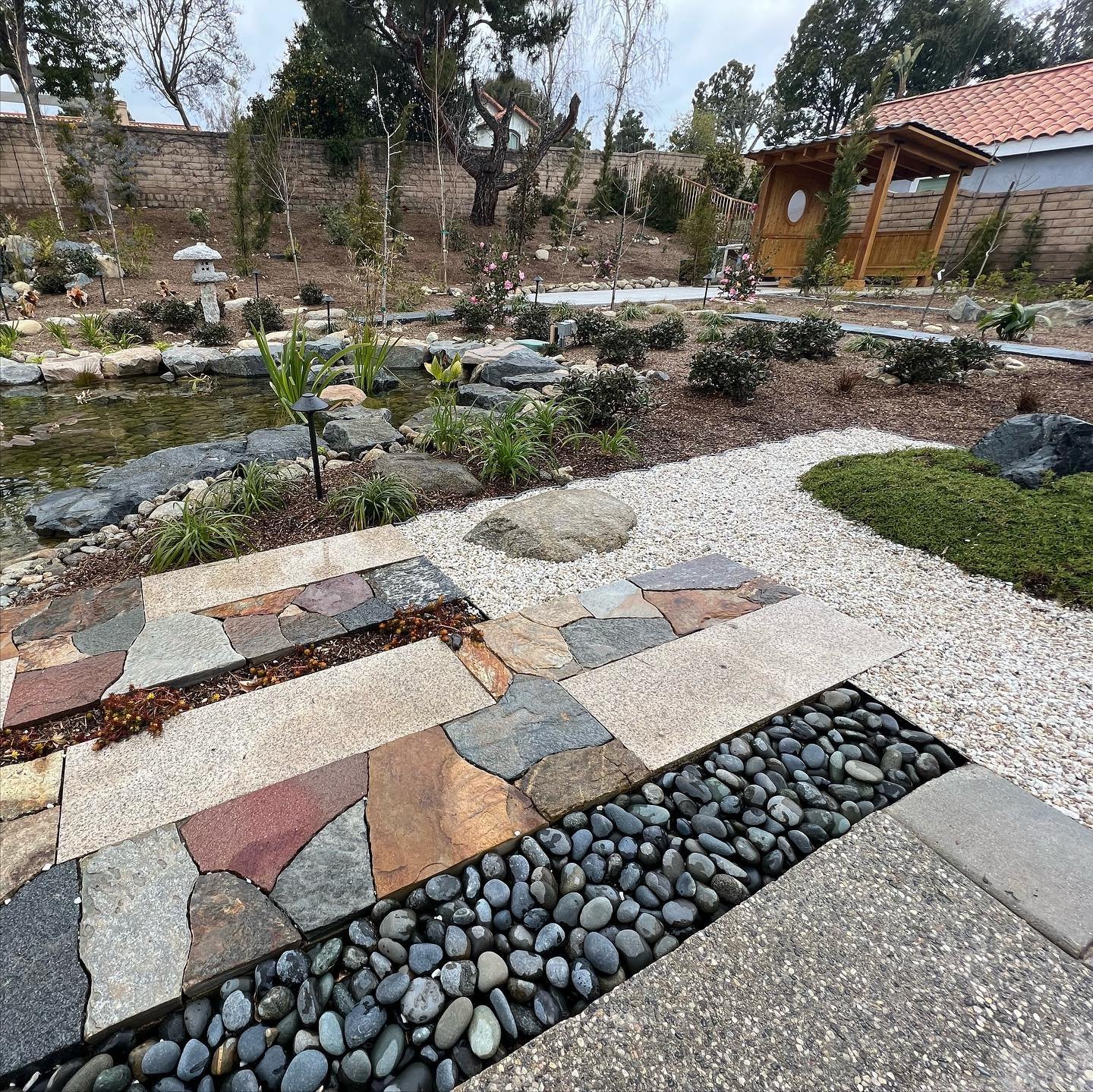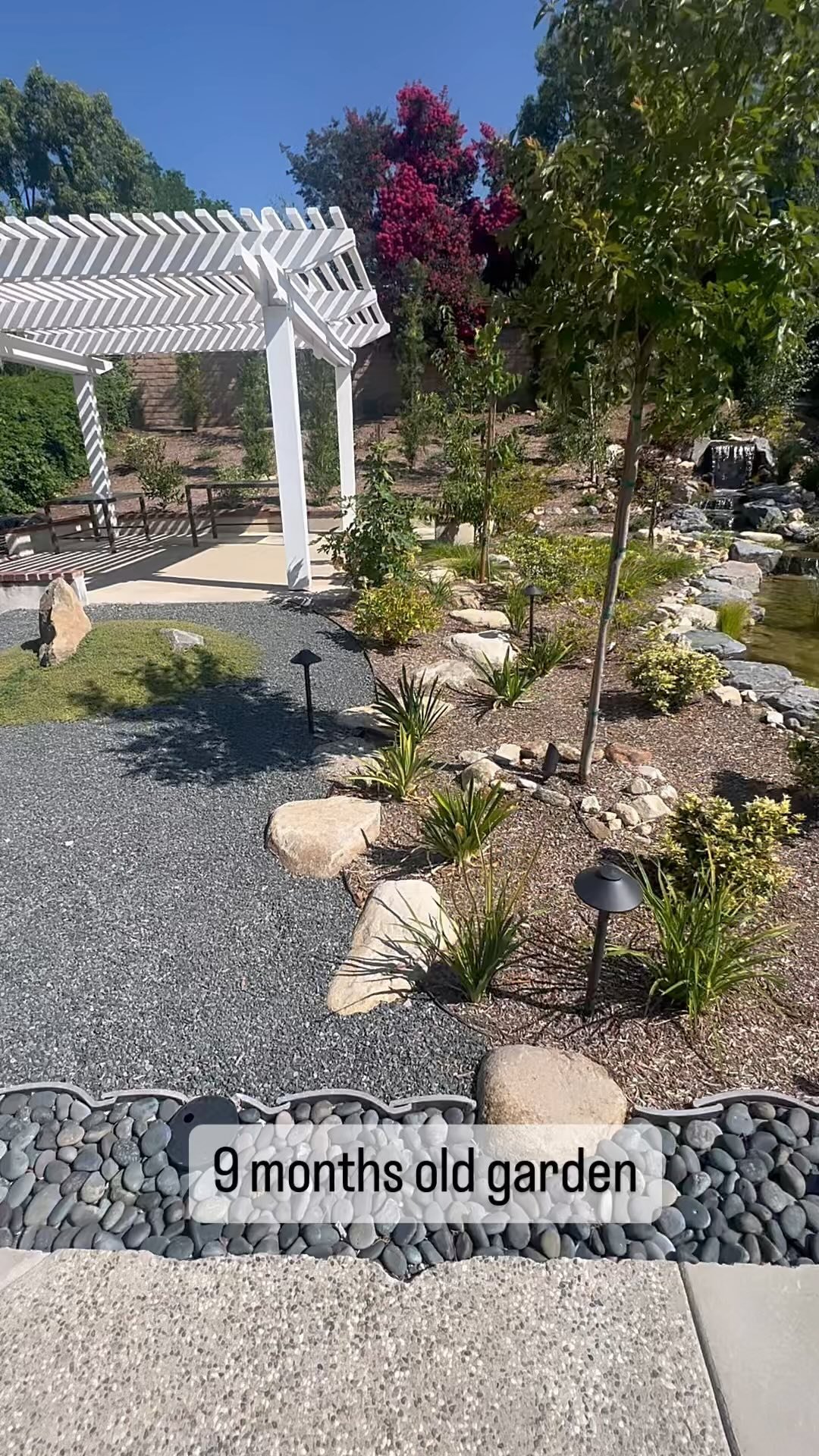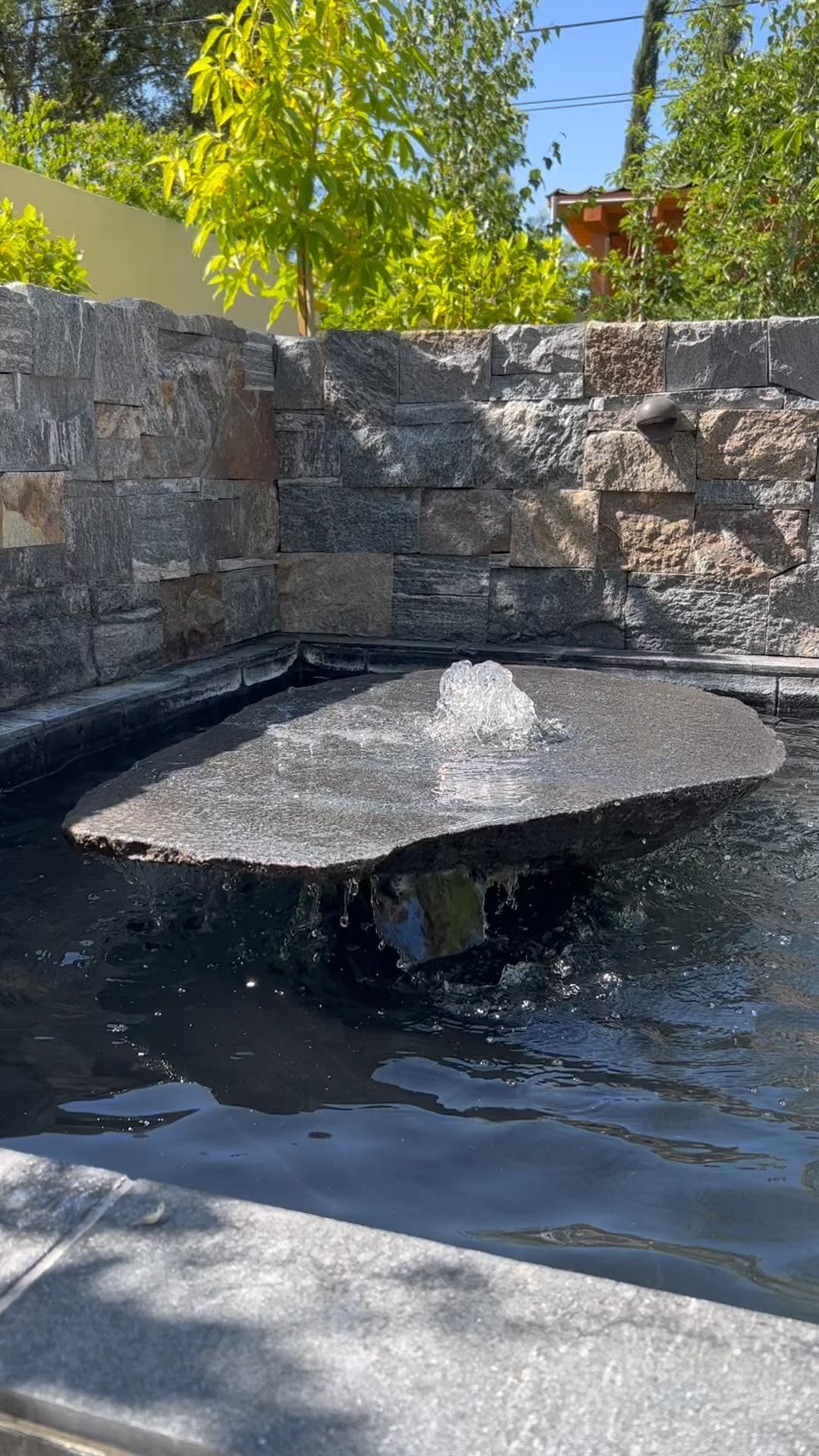
Your Dream Zen Garden Begins Here
Creative Zen, Inc.Landscape Designer & Contractor Serving Greater Los Angeles, California
Welcome to Creative Zen
Your premier destination for comprehensive landscape design and construction services. As a licensed contractor (License #1001023), we are dedicated to transforming your outdoor vision into reality. At Creative Zen, we leverage state-of-the-art 3D design software, providing you with a preview of your project before construction commences.
Our expertise extends to crafting a diverse range of outdoor spaces, including but not limited to wood decks, pergolas, patios, concrete paths, driveways, paving stones, retaining walls, landscape drainage solutions, and the incorporation of drought-resistant plants. Specializing in the art of zen gardens and the creation of serene koi ponds, we excel in bringing harmony to your outdoor living spaces.
Explore our project profiles and reviews to witness the quality and satisfaction that define Creative Zen, Inc. Your landscaping journey begins with us – where innovation meets craftsmanship.
“When a garden is used as a place to pause for thought, that is when Zen garden comes to life.”
— Muso Soseki
What Our Clients Have To Say
FAQs
Frequently asked questions about zen gardens.
-
In the warm and inviting climate of Southern California, particularly in the Los Angeles area, a traditional Zen garden, or karesansui, emerges as the perfect landscaping choice. This minimalist dry landscape artfully combines natural elements such as rock, gravel, sand, and wood, minimizing the presence of plants and eschewing water features. The composition may include man-made elements like bridges, statuary, and stone lanterns, enclosed by a wall or fence to create a serene sanctuary. Emphasizing hardscaping, the garden maintains its appeal throughout the year, unaffected by seasonal changes. The foundational principles of Zen gardening are adaptable to your unique tastes and style, making it an ideal choice for the Southern California climate and the homes of the Los Angeles area.
-
Site Selection:
Identify the perfect location for your meditation space. Opt for a flat, secluded corner or a narrow side yard that's ideal for building a comfortable meditation area. Take preliminary measurements to visualize the finished space.Research and Inspiration:
Conduct thorough research to gather ideas for your Zen garden. Explore online resources, books, and visit local gardens with Zen spaces. Create an idea board or wish list to outline the attributes you want to include.Guiding Principles:
Align your Zen garden with the seven guiding principles: Austerity (Koko), Simplicity (Kanso), Naturalness (Shinzen), Asymmetry (Fukinsei), Mystery (Yugen), Magical (Datsuzoku), and Stillness (Seijaku). Ensure your garden embodies most, if not all, of these principles.Design Visualization:
Sketch a rough design to visualize your completed space. For more intricate projects, consider consulting a professional landscape designer. Plan the placement of larger rocks in advance, as they can be challenging to lift and position.Flexibility in Design:
While traditional Zen gardens feature minimal plants and no water features, explore variations that incorporate water and plants. Experiment with different looks to find what suits your preferences.Inviting Atmosphere:
Select elements of Zen gardening that resonate with you and tailor the garden accordingly. Create a space that beckons you to spend time in tranquility.Consider Scale:
Choose materials that complement the size of the garden room and the overall yard. Be mindful of scale, avoiding larger stones that may overwhelm a small space or small rocks that might get lost in a larger landscape.Simplicity is Key:
Embrace simplicity and an uncluttered layout for your Zen space. Use a muted color scheme to induce a sense of calm and establish a soothing environment. -
Symbolism in Zen Gardens:
Discover the profound symbolism embedded in individual elements of Zen gardens. Raked sand or gravel, meticulously patterned, signifies water, while larger rocks serve as representations of islands, mountains, or elemental forces like fire and earth. These abstract concepts stimulate the imagination, fostering a crucial meditative experience. A Zen garden, characterized by its emphasis on quietude, privacy, and aesthetic allure, provides a sanctuary for contemplation.Essential Features of Traditional Zen Gardens:
Incorporate key features that define traditional Zen gardens, including:Rocks:
Essential components symbolizing human desires for eternity and enduring elements in nature. Carefully select and position larger rocks to ensure a cohesive Zen design.Gravel:
Integral to Zen gardens, gravel with symbolic raked patterns creates an ever-changing visual scene. Raking gravel is a meditative process, enhancing mental concentration. Opt for finely crushed gravel, pea gravel, or small smooth pebbles in light neutral colors for durability and ease of maintenance.Screening:
Enclose the garden room with walls, fencing, bamboo screening, lattice panels, or formal hedging to create a secluded space.Statuary:
Inspiring meditation, statues like Buddha figurines or Japanese lanterns become focal points when strategically placed in the garden.Pathway:
Lead visitors through the garden with a contrasting pathway, using darker-colored stepping stones. Consider the pathway's design to enhance the overall experience.Seating:
Position a stone bench or comfortable chair to provide the optimal vantage point for enjoying the Zen garden.Water:
While not traditional, the soothing sound of moving water from an Asian-style fountain or waterfall enhances the meditative environment.Lighting:
Illuminate pathways, statuary, or trees to add aesthetic appeal and extend outdoor enjoyment into the evenings.Plants:
Tailor the plant selection to your tastes, incorporating low and creeping varieties to complement hardscaping. Choose neutral-colored foliage for serenity and harmony, with options like bonsai, topiaries, dwarf conifers, Japanese maples, azaleas, bamboo, sedges, ground covers, ferns, and mosses. Consider the light conditions of your space for optimal plant selection. -
Despite its seemingly austere facade, a Zen garden demands consistent upkeep to retain its optimal allure – an integral aspect of the meditative journey.
Rake Gravel Regularly:
Regular raking is essential to preserve the crisp patterns and ensure the gravel maintains a fresh appearance. Our meticulous attention to gravel care enhances the overall visual harmony of your Zen space.Leaf Removal for Neatness:
Uphold the pristine look of your garden by promptly removing fallen leaves from the gravel. Regularly pick out or rake leaves, maintaining a clean environment around stones and statuary. This commitment to tidiness reflects our dedication to your Zen garden's aesthetic appeal.Weeding for Uninterrupted Serenity:
Maintain the tranquility of your Zen garden by diligently keeping gravel and planting areas free of weeds. We recognize the seasonal nature of weed proliferation, making it a more regular task during summer and ensuring minimal to no weeding during colder months.Pruning for Neatness and Order:
Shape your garden's greenery to perfection through consistent pruning. Whether it's keeping shrubs sheared or crafting topiaries, our expert touch ensures a neat and well-maintained appearance. We meticulously cut out dead branches, trim growth as needed, and remove spent flowers, guaranteeing the vitality of your Zen garden. Additionally, we take care to trim creeping groundcovers away from gravel areas, promoting a seamless integration of nature and hardscaping.Elevate your Zen garden's experience through our dedicated maintenance services, designed to harmonize with the meditative essence of this sacred space. Trust us to preserve the beauty and serenity of your Zen retreat in the greater Los Angeles, CA area.
